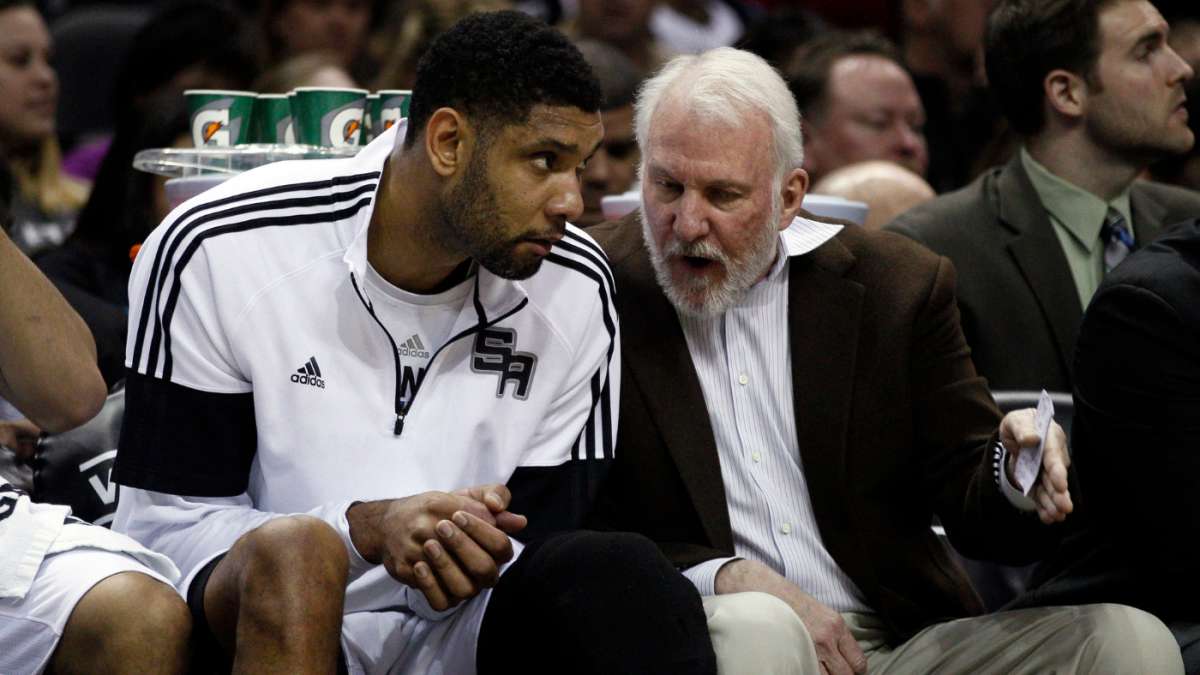“`markdown
The Architect of Modern Basketball: Dissecting Gregg Popovich’s Enduring Legacy
Few figures in sports history command universal respect like Gregg Popovich. Over 28 seasons with the San Antonio Spurs, he redefined excellence through a revolutionary approach that blended basketball IQ with emotional intelligence. This analysis examines how a former Air Force intelligence officer became the NBA’s winningest coach while transforming organizational culture.
The Foundation: Culture as Competitive Advantage
Popovich’s genius lay in recognizing that sustainable success required more than X’s and O’s. He built what analysts now call “The Spurs Way” – a holistic system prioritizing:
– Collective intelligence over individual stardom
The 2014 championship team epitomized this, with Finals MVP Kawhi Leonard averaging just 17.8 PPG as part of a machine-like rotation where all 10 players contributed equally.
– Radical authenticity in leadership
His infamous timeout interviews and brutal honesty created psychological safety. Players knew where they stood, eliminating locker room politics that plague other franchises.
– Institutionalized adaptability
From the Twin Towers era with David Robinson to pace-and-space with Leonard, Popovich reinvented his system five distinct times without missing the playoffs.
The Development Laboratory
Popovich operated the NBA’s premier talent incubator:
Case Study: Tony Parker
– Drafted 28th overall in 2001 as a raw French prospect
– By 2007: NBA Finals MVP averaging 24.5 PPG on 57% shooting
– Development strategy:
→ Customized film sessions focusing on floater development
→ Progressive responsibility increase (3.4 APG → 7.7 APG over 5 seasons)
→ Psychological reinforcement through public challenges
This repeatable process yielded 10 All-Stars drafted outside the lottery, including Manu Ginóbili (57th pick) and Danny Green (undrafted).
Tactical Evolution: Staying Ahead of the Curve
Popovich’s strategic innovations created lasting league-wide impacts:
| Era | Innovation | NBA Adoption Rate by 2020 |
|———–|————————————-|————————–|
| Early 2000s | Corner 3 emphasis | 92% of teams |
| 2010-2014 | Hockey-style lineup rotations | 78% |
| 2015-2020 | Positionless “point center” schemes | 63% |
His 2012 decision to rest healthy stars during nationally televised games sparked the NBA’s load management policies, demonstrating his influence extended beyond coaching.
The Human Dimension
What truly set Popovich apart was his integration of social consciousness into team building:
– Community as roster criterion
The Spurs famously prioritized character in drafts, passing on more talented players who didn’t fit their culture matrix.
– Political advocacy
His vocal stances on racial justice and LGBTQ+ rights made the Spurs a haven for socially conscious players, attracting free agents like LaMarcus Aldridge.
– Mentorship tree
The “Popovich Coaching Forest” now includes 7 active NBA head coaches and 12 GMs, ensuring his philosophies will outlast his career.
Verdict: The Gold Standard of Coaching
Gregg Popovich’s legacy transcends his 1,336 wins or five championships. He proved that organizational culture could be a championship team’s most potent weapon, that adaptability trumps rigid systems, and that leadership means empowering others. While debates about “greatest ever” will persist, Popovich’s true achievement was demonstrating how sustained excellence emerges when you treat players as whole human beings rather than basketball commodities.
The NBA’s next era will undoubtedly be shaped by coaches studying his blueprint – not just for how to win games, but how to build institutions that endure. That’s the mark of true greatness.
“`











